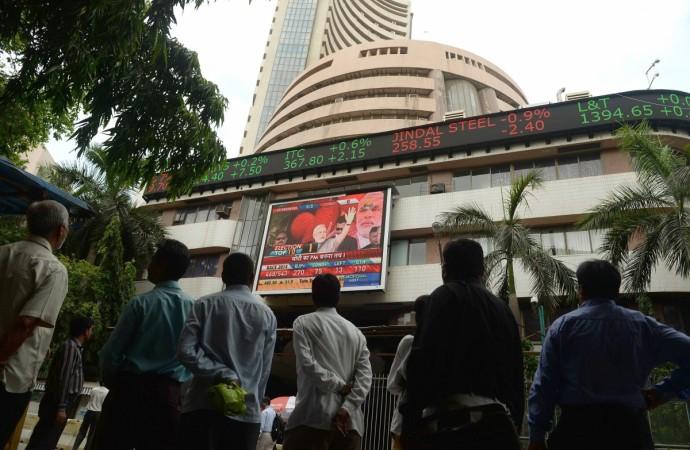
There is no reason yet to be bullish on Indian equities, though the markets may find higher ground as global trade tensions ease, securities research firm CLSA says in a research note.
The US and China have reached a truce on their trade war and piped down the rhetoric easing some worries of global markets.
Still, overseas investors have pulled out nearly $550 million from Indian markets after the Bharatiya Janata Party that heads the ruling coalition at the centre lost in five states, which went to polls recently. They included the three Hindi heartland states where the party was in power.
CLSA thinks some fiscal issues would also continue to defy resolution, with the Goods and Services Tax (GST) collection shortfall for the central government topping Rs15,000 crore in the first eight months of this financial year.
The recent adverse election results and possible populist policies going into an election year could further worsen fiscal concerns, it says. When the government spending on political sops rise infrastructure capex will suffer a squeeze hurting capex cycle recovery, CLSA says.
CLSA sees the factors like crude price instability and currency volatility holding the market on tenterhooks in the short term. The change of guard at the Reserve Bank of India and the drop in government bond yields by 75 basis points are other factors that will have a bearing on overseas investor confidence, according to the brokerage firm.
While the lower oil prices would reduce the possibility of the current account deficit ballooning, potentially dovish monetary policies and liquidity management could have a negative impact on the strength of the rupee, according to CLSA.
The market may have started to price in the probability of a policy rate cut, with a new chief for the central bank. But, if the RBI were to concede the government demand for a massive one-time dividend, it could hit the rupee badly, CLSA says.
Such a development would indicate that the central bank would stop its open market operations like government bond purchases and that could drive up yields and push foreign debt investors away, driving down the rupee again, according to the market expert.

















